A sparkling clean bath is not just aesthetically pleasing - it's important for hygiene and to prevent damage. Over time, baths in UK households fall victim to limescale deposits, stains from body oils and hair products, grime build-up, and even mould if moisture isn't properly addressed. Taking the time to regularly and effectively clean your tub keeps these issues at bay.
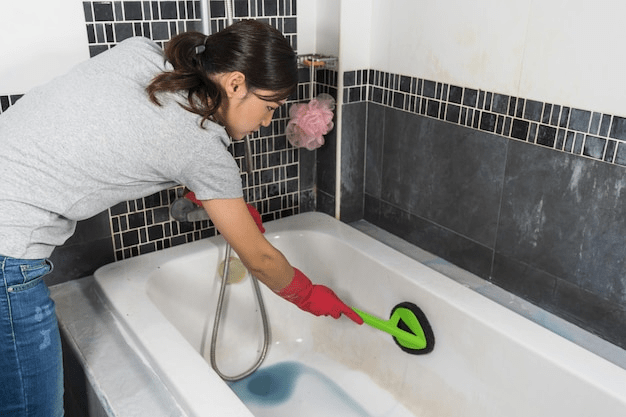
Beyond appearances, keeping your tub clean improves the longevity and prevents stains from becoming permanent or limescale etching into the surface. Learning how to clean bathtub also destroys harmful bacteria that can thrive in the warm, wet conditions. This helps prevent illness from spreading. Using the appropriate techniques and products suited for UK bath materials is key for both hygiene and not accidentally damaging fixtures.
In this article, we’ll explore the proper methods and recommended products for effectively cleaning a bath tub and surrounding a UK home. We’ll address how to tackle limescale, difficult stains, mould prevention, and cleaning different materials like enamel, acrylic and stone resin. With the right approach, you can maintain a pristine, hygienic bath that looks freshly installed. Read on to learn the secrets of bath cleaning success!
Types of Bathtubs and Their Cleaning Requirements
When it comes to keeping your bath sparkling, it’s important to consider the specific type of tub you have, as materials have different cleaning needs. Here’s an overview of common UK bathtub types and what’s required to effectively clean them:
Enamelled Steel Baths
The most affordable tub option, enamelled steel features a layer of glass fused onto the steel surface at high heat. This protective top coat can chip or stain if harsh abrasives are used. Use pH-balanced bathroom cleaners and soft cloths or soft-bristle brushes only.
Acrylic Baths
Lightweight but durable acrylic plastic is a popular mainstream choice. Non-abrasive liquid bathtub cleaner and a soft sponge can tackle most dirt build-up. Avoid harsh chemical cleaners that can cause cracks or fading over time.
Stone Resin Baths
Made from crushed stone and resin for rigidity, these luxurious tubs replicate the look of stone. Use pH-neutral cleaner and soft cloth to prevent damaging the delicate resin surface.
Cast Iron Baths
Enamel coating over cast iron makes it robust yet prone to chips and cracks. Use mild cleanser and non-abrasive applicators. Be extra careful around feet and overflows.
Wood Baths
Though less common, warm wooden tubs require gentle cleansing with hand soap and water to prevent splitting or warping. Avoid sitting water.
Knowing the correct methods on how to clean bathtub is key in the UK to effectively remove grime and stains without causing long-term damage. Check manufacturer care guidelines if uncertain. With the proper gentle cleaners and non-abrasive applicators for your type of bath fixture, you can safely maintain sparkle and hygiene.
Essential Tools and Supplies for Bath Cleaning
Having the right cleaning tools and products readily available makes tackling bath dirt and stains much easier. Here are some essentials to have on hand before you learn how to clean bath:
· Gloves
Protect your hands from harsh chemicals with durable gloves while scrubbing. Choose longer ones to keep forearms dry.
· Sponges
Soft, non-scratching sponges are useful for applying cleaners and gentle scrubbing. Avoid anything too abrasive.
· Soft Cloths
Good for wiping down surfaces or drying without risk of scratching. Microfiber cloths are particularly effective.
· Bristle Brush
Use a soft-bristle one to work into limescale deposits and grime in crevices. Avoid hard bristles.
· Plug/Drain Catcher
Catches hair and debris so it doesn’t clog pipes while cleaning. Essential for baths.
· Liquid Cleaners
Choose products specifically made for bath cleaning like thick creams or sprays to lift soap scum and dissolve limescale and grime build up. Check if suitable for your tub type.
· Anti-mould Cleaners
Prevents and removes mildew and mould growth which thrives on wet surfaces like tile and grout lines. Often they have antibacterial properties.
· Descaler
Removes built-up mineral deposits and limescale etching safe for bath surfaces. Usually acidic.
With high-quality cleaning and limescale removal products coupled with non-abrasive applicators for scrubbing, you'll be equipped to tackle even the grimiest bathtub in UK households. Having these vital supplies makes cleaning faster, more effective and prevents damage.
Step-by-Step Guide: How to Clean a Bath
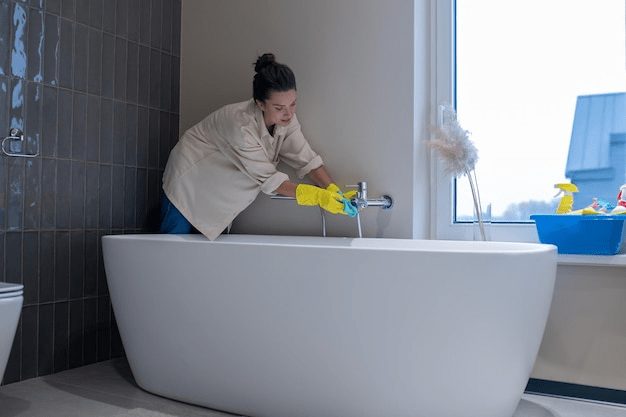
Cleaning a tub thoroughly keeps it sparkling, hygienic and prevents permanent damage from grime buildup. Follow these steps to learn the correct way on how to clean bath:
1. Remove loose debris - First eliminate hair, soap residue and any other debris with a drain catcher, disposable gloves and cloths. This stops it clogging your drain.
2. Apply cleaning products - Spray your tub, tile walls and base with a foam bathroom cleaner suitable for your material. Check product instructions first.
3. Scrub surfaces - Use a soft-bristle brush or sponge to gently scrub the tub, tiles, crevices and taps to dissolve grime and lift stains. Avoid abrasives on delicate surfaces.
4. Rinse thoroughly - Rinse all product residue off entirely with hot water from your showerhead or via buckets. Repeat until water runs clear.
5. Target limescale deposits - Apply a limescale-removing product to mineral deposits and scrub with a soft brush. Rinse thoroughly. You may need to repeat for stubborn buildup.
6. Dry and polish fixtures - Wipe the tub, tiles, taps and any chrome/metal fixtures dry with a soft towel to prevent watermarks. Polish metals sparingly with a microfiber cloth once fully dry.
7. Apply protective treatments - For materials like acrylic or plastic baths, apply an after-care shine product to protect the surface.
8. Prevent mould - Keep surfaces dry between uses and regularly apply anti-mould treatments in stubborn areas prone to moisture like tile grout.
Follow these simple steps for cleaning a bath regularly to maintain sparkle. Always check product suitability for your tub type before using. With the right method, you can tackle even the grimiest UK bath.
Best Bath Cleaners Available in the UK
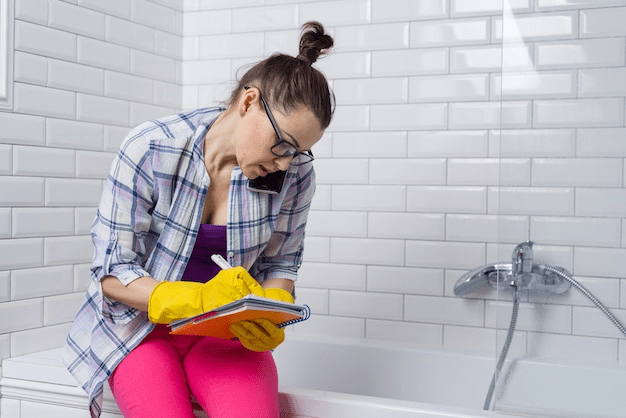
When it comes to keeping your bath sparkling clean, using a high-quality tub cleaner makes a big difference. Here are some top bath cleaner products readily available in the UK:
· Viakal Limescale Remover
This thick gel clings to surfaces long enough to dissolve even stubborn limescale and water marks without harsh scrubbing. Gentle enough for most surfaces. Most people consider this as the best bath cleaner UK.
· CIF Cream Bathroom Cleaner
The thick formula cuts through soap scum, body oil residue and grime with minimal effort. Its pleasant lemon scent leaves baths smelling fresh.
· Method Tub + Tile
Plant-based ingredients give this naturally derived product eco-friendly cleaning cred. The minty spray foam tackles soap scum effectively.
· Jem Astonish Bathroom Cleaner
Budget-friendly option containing a limescale-fighting formula that leaves chrome polished. Harsher than some however.
· Ecozone Brilliant Bath
Harnessing the cleaning power of eucalyptus oil, this vegan-friendly bath spray foams well to clean tile, plastic and enamel baths without toxins. While looking for the best bath cleaner UK, many people go for this as well.
When choosing products, consider eco-friendly, plant-based or non-toxic cleaners. They avoid harsh chemicals found in some formulas that can damage bath materials over time or leave lingering chemical fumes. Always check a new cleaner on a small inconspicuous area first to confirm surface compatibility. With regular use of quality cleaners suited to your tub, cutting through grim in a UK bath is simple.
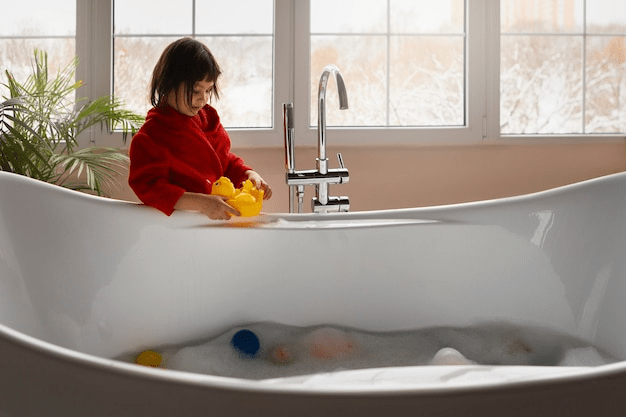
Eco-Friendly Cleaning Alternatives
For those wanting to use greener, non-toxic methods, try these eco-friendly alternatives for cleaning bathtubs and surrounds:
· Baking Soda
This kitchen staple works well as a scouring powder. Make a paste with water to scrub away stains in enamel, acrylic or porcelain tubs. Rinse thoroughly after.
· White Vinegar
Mix with baking soda for extra bubble power. The acidity in vinegar breaks down buildup remarkably. Use sparingly when cleaning bathtub made out of stone resin as it can damage the delicate surface.
· Lemon Juice
Cut a lemon half and rub over soap scum and water marks on tiles or glass shower screens before rinsing clean. Too acidic for some bath materials though.
· Microfiber Cloths
The gentle textured hooks in the fibers loosen and remove grime very effectively compared to standard cloths, often without cleaning products.
· Castile Soap
Plant-derived liquid castile soap mixed with warm water makes an effective natural cleaner. Safe for most bath surfaces.
· Essential Oils
Add a few drops of antimicrobial oils like tea tree, eucalyptus or peppermint to boost all-natural cleaner recipes. Provides a light fresh scent.
· Wooden Brush
Useful for scrubbing grime buildup without scratching. The eco choice over plastic bristle brushes which shed microplastics.
With the right natural cleaning ingredients, a little elbow grease is often all that’s needed for cleaning success without exposing your family to harsh chemicals. And they cost a fraction of standard cleaners! Just always check suitability for your particular bath material first. Then you can proceed with cleaning bathtub without any doubt in mind.
Conclusion
As we’ve explored, using the proper methods and cleaners suited specifically to your bathtub material is key to effective, safe cleaning success. Taking the time to regularly clean and care for your tub, tiles and fixtures prevents permanent damage from grimy buildup and improves longevity, while maintaining a pristine, hygienic environment.
Implementing a regular quick cleaning routine is simpler than tackling stubborn stains and thick limescale deposits that accumulate over time. Get into the habit of wiping down surfaces after use, removing hair from the drain catcher and applying preventative bathroom cleaners at least weekly to stay on top of dirt. Check manufacturer guidelines for cleaning bathtub and test cleaners first before applying widely. With the right UK bathroom cleaning products coupled with the suitable techniques for your bath type, maintaining a sparkling tub has never been easier.
For a wide selection of quality bath fixtures and cleaning accessories suited specifically to UK homes, visit the Elegant Showers online shop. Investing in high-end bath materials also makes cleaning easier over time. Visit today to explore your options for creating a low-maintenance dream bathroom.
FAQs: Answering Your Common Bath Cleaning Questions
What is the best way to clean a bathtub?
The best method involves using a cleaner suited to the tub’s material. For acrylic tubs, use gentle soap and water; for cast iron, opt for non-abrasive solutions. Apply the cleaner, scrub gently with a sponge, rinse thoroughly, and dry with a microfiber cloth to prevent watermarks. Tailoring the method to the tub type ensures effective and damage-free cleaning.
How do you clean a heavily stained bathtub?
Tackle heavy stains by applying a paste of bicarbonate of soda and water or a commercial cleaner like Astonish Bath Cleaner. Allow the cleaner to sit for 15–30 minutes before scrubbing with a soft brush. For tougher stains, consider vinegar for limescale or a mix of lemon juice and salt for rust. Rinse thoroughly and repeat if needed.
Can vinegar damage a bathtub?
Vinegar is safe for most bathtubs, including acrylic and enamel, but it can harm stone surfaces like marble or granite. The acidity in vinegar can etch and dull these materials. Always dilute vinegar with water (1:1 ratio) and perform a patch test before full application to ensure it doesn’t damage your specific bathtub material.
How often should you clean your bathtub?
Quickly clean your bathtub after every use to prevent build-up of grime and soap scum. Deep clean weekly to address hidden dirt, limescale, and mould. Regular maintenance, such as drying the tub after use, keeps it hygienic and reduces the effort required for thorough cleaning.
How can I clean my bathtub naturally?
Natural cleaning solutions are effective and eco-friendly. A mixture of white vinegar and baking soda works wonders on limescale and soap scum. Simply sprinkle baking soda across the surface, spray vinegar over it, let it fizz for 15 minutes, and scrub gently.

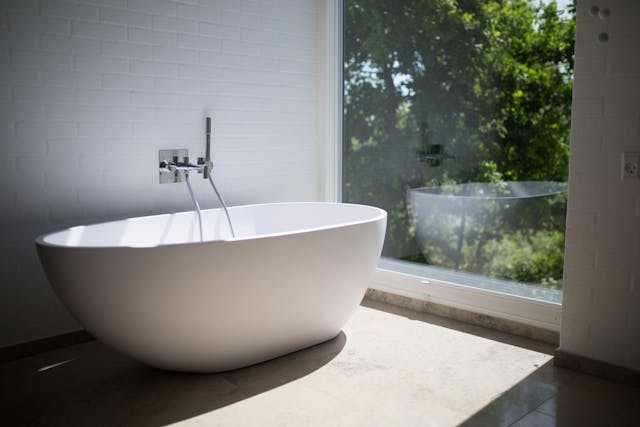










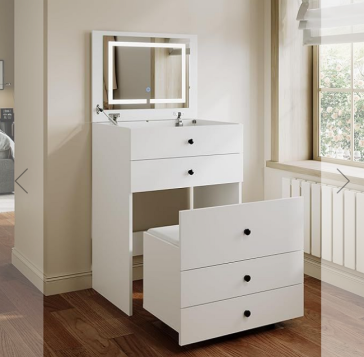
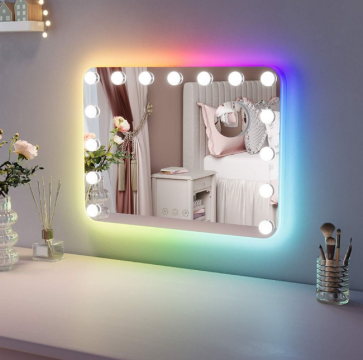
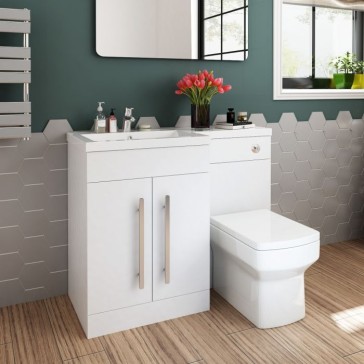
Validate your login